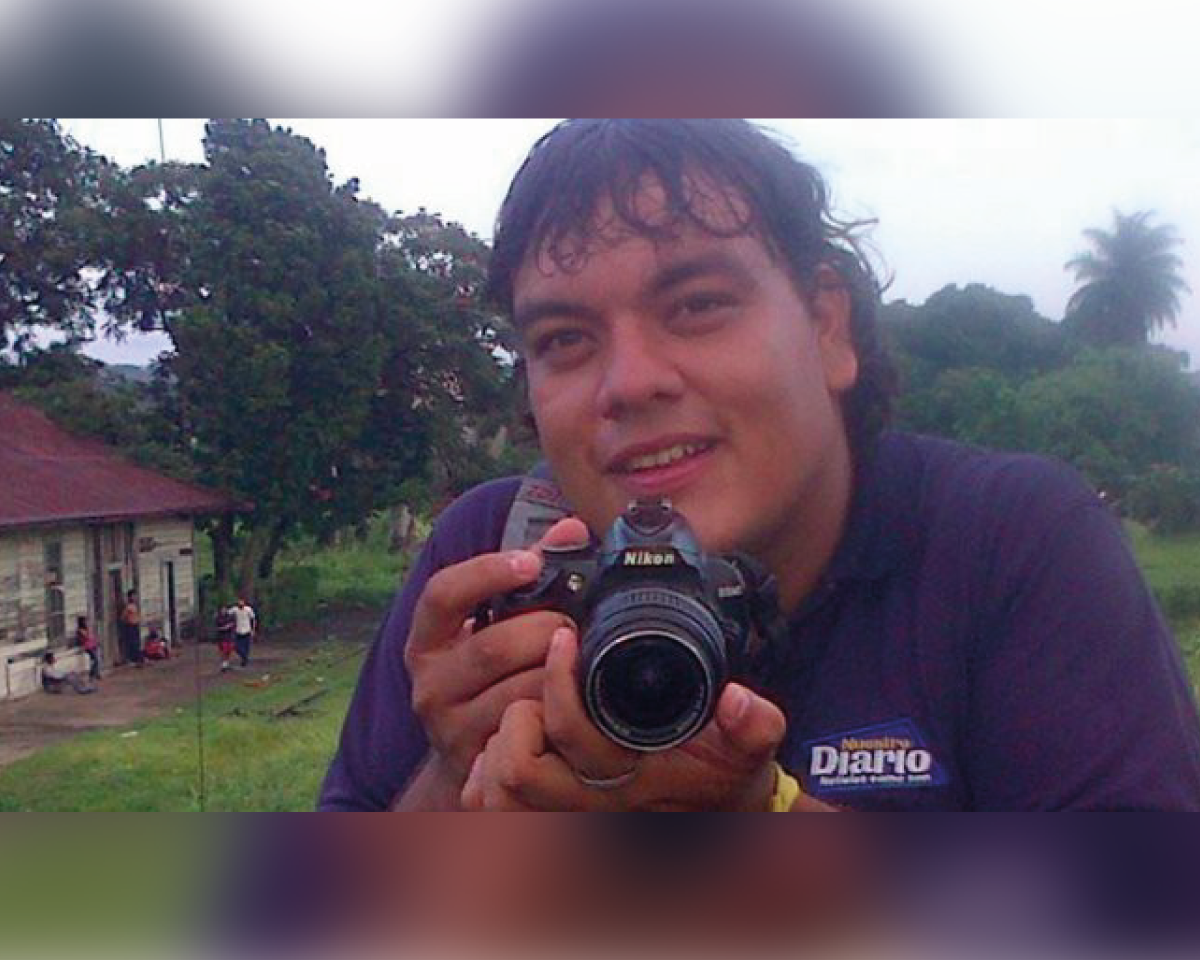Laurent Ángel Castillo Cifuentes, 28, was a correspondent for Nuestro Diario, Canal 5 Punto Rojo, and the magazine Mi Coatepeque Cultural. On February 1st, 2018,, he was found dead along with his friend and colleague Luis Alfredo de León Miranda in a field. The men had their hands and feet bound, and their bodies bore signs of violence, with at least three gunshot wounds each. Journalists and media workers in Guatemala face a threatening environment, with over 40 killed since the year 2000.
Laurent Ángel Castillo Cifuentes

Si vous souhaitez nous donner un souvenir personnel, merci de nous écrire à: HRDMemorial@frontlinedefenders.org

Région:Amériques
Pays:Guatemala
Département/Province/Etat:Suchitepequez
Sexe1:Masculin
Age:28
Date de l'assassinat:01/02/2018
Menaces précédentes:Yes
Type de travail:Journaliste/communiquant
Organisation :Nuestro Diario, Canal 5 Punto Rojo, Mi Coatepeque Cultural
Secteur ou type de droit que défendait le DDH:Droits civils et politiques
Détail sur le secteur:Abus de pouvoir/corruption, Liberté d'expression
Plus d'informations:Front Line Defenders
1Cette base de données enregistre l'identité sexuelle choisie par une personne. Si elle ne s'identifie pas elle-même comme homme ou femme, elle peut utiliser l'option autre/aucun ou employer le terme IGNB (identité de genre non-binaire).
URL (liens) d'intérêt
- Committee to Protect Journalists
- https://cpj.org/data/people/laurent-angel-castillo-cifuentes/index.php
- Instituto Prensa y Sociedad
- https://impunidad.ipys.org/pages/historias/laurent-castillo-y-alfredo-de-leon
- El País
- https://elpais.com/internacional/2018/02/02/actualidad/1517564493_733072.html